Introduce yourself & tell us a little bit about your business.
Ultimately we are a small family business comprising three – myself, my sister-in-law, Beth, and our fellow pasta ninja, Gemma. We have a huge passion for artisan pasta, showing the UK the difference between mass manufactured supermarket ‘pasta’ and beautiful, sustainable, superior pasta!
Where are you based?
When did it all begin?
I found myself making notes and plans whilst I should have been focussing on work projects. I was much more motivated and inspired by pasta than I had been about anything else for some time!
The next step was to travel to Italy to understand how pasta was created and it was at this point that I realised that the pasta available in the UK wasn’t a patch on that in Italy – what a difference! And that mass manufactured supermarket stuff was not real pasta!
I left my job and knew that I needed to give my all to follow this passion. I was going to set up The Yorkshire Pasta Company.
Why did you start making your product & where did your
inspiration come from?
How did you learn your trade?
Mass-manufactured supermarket pasta is made in two hours. Our authentic methods take two full days. We dry our pasta on wooden racks at low temperatures overnight – for 14 hours. This allows flavour to develop as the dough matures.
Each piece is then “bronze drawn” to give it a rough surface. This is where the magic happens – the rough surface allows sauce to cling to each piece, hugging it and creating a beautiful dish of food.
a sustainable approach to a classic product. We run Yorkshire Pasta HQ on solar energy, are plastic free and all our products are vegan and vegetarian friendly.
What’s your favourite product and why?
What ingredients do you use?
When your business is your passion, what do you do in your spare time or to give yourself a break?
What’s been the most fun or challenging part of your business?
Durum wheat. In Italy, pasta has always been made using semolina, a product of durum wheat. So it turns out that durum wheat isn’t grown in the UK. There were a few trial crops over time, but with my father a farmer, he knew very well that our British climate didn’t allow farmers to get a yield from durum wheat to make it a sufficient crop. But I certainly couldn’t import durum wheat from Italy, Germany or the USA and then call my pasta British.My previous job had been working for Nestle Confectionery developing recipes for wafers and biscuits (think Lion Bar, Breakaway, Drifter). So I knew a thing or two about flour and proteins. I was able to research British flours and create a blend of flour to match the important properties of semolina and began trialling pasta dough recipes.
How to dry the pasta to allow for a shelf life and storage? To lock in flavour and quality?
If pasta is not dried correctly, any ounce of moisture remaining at the centre of the shape, over time (2-5days) will try and even out across the shape. This leads to cracks in your pasta. Within the week you can physically hear the pasta cracking like rice crispies in milk, snap! crackle! pop! – plus the sound of my tears falling onto the floor!
It took months of research and trials, but eventually we mastered the art of drying pasta. Our pasta has a shelf life of 2 years, without the need for preservatives and stabilisers.
Plastic free… typically pasta is packaged in plastic. I worked with over 40 packaging suppliers before identifying a solution. And then came the question of how to seal them without solvent glues or plastic tabs… I think we came up with a fabulous solution. Our packaging remains 100{650a267a6dfc0c56292df9f4411de9160c0ac02671db1e1ee03f984da437e88e} recyclable and we think it looks pretty special too.
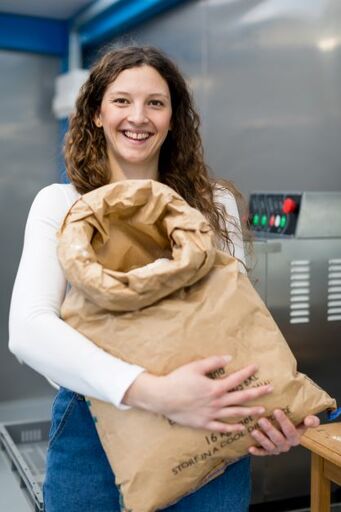
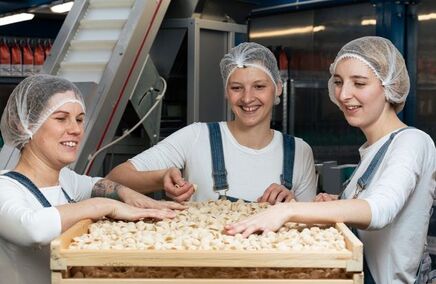
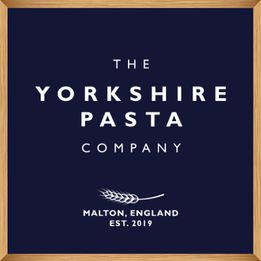
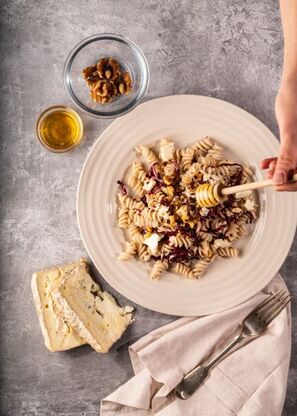
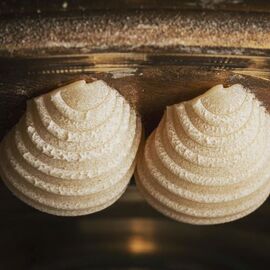
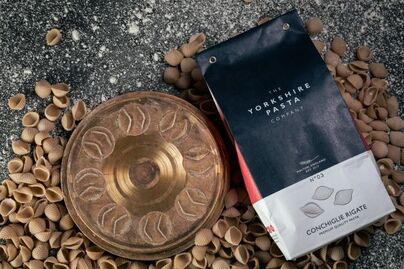
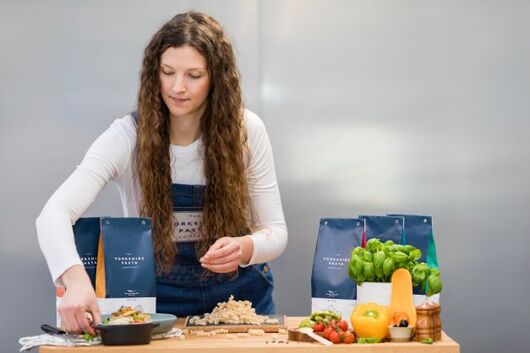
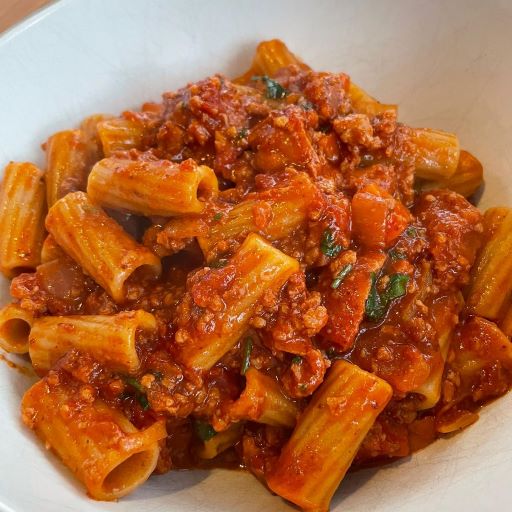
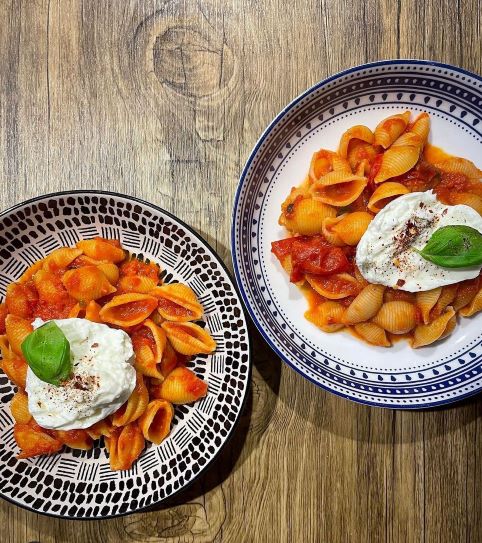
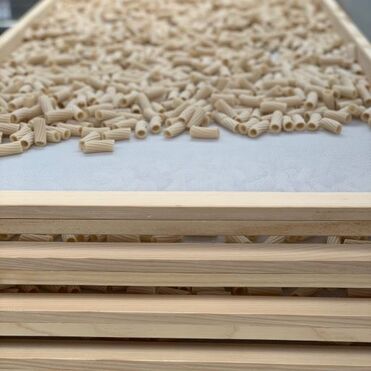
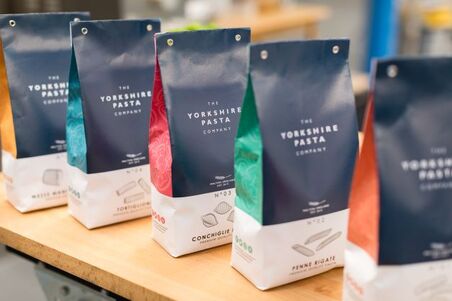
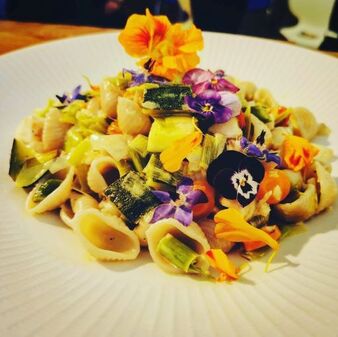
0 Comments